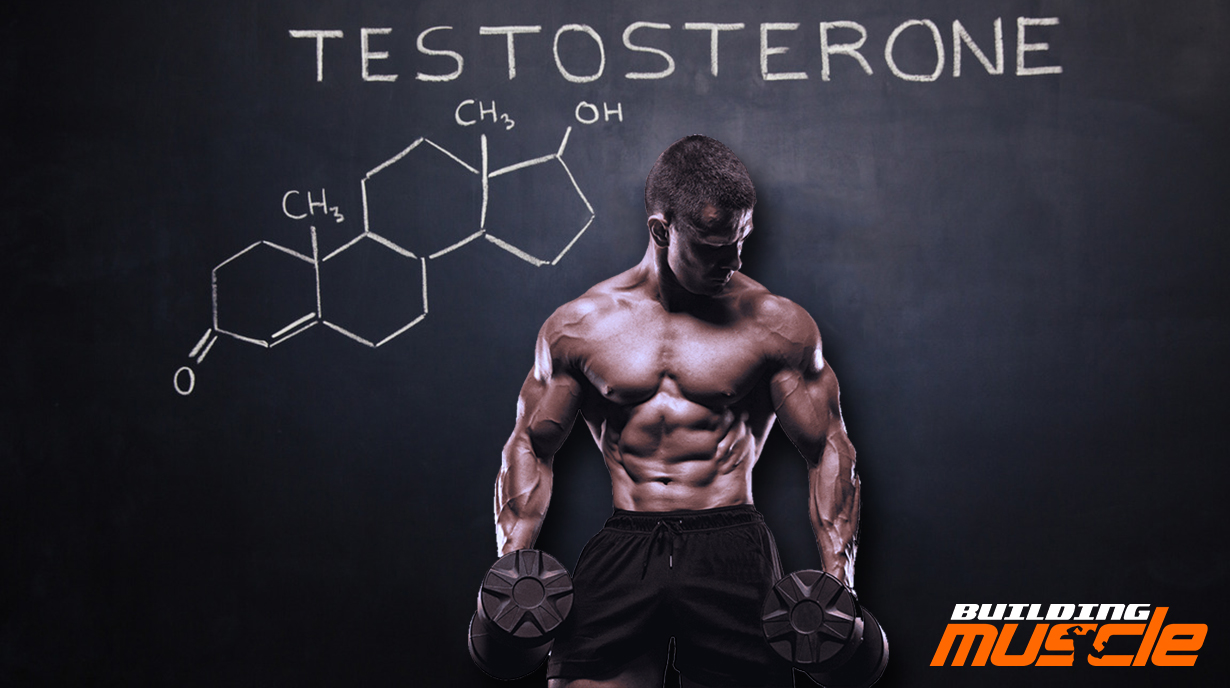
Testosterone is by far the champion of the hormones responsible for “male health” and physical conditioning. It is closely connected with the feel-good hormone, dopamine, general and training motivation, psychological health, cognitive function and overall well-being.
Unfortunately, testosterone among men has been falling inexorably since 1980. According to statistics, the average level drops by 1 percent every 12 months.
This means that modern men, on average, have 20 percent lower testosterone than men of the last generation at a similar age. In sum, the latest generation of teenagers (Gen Z) is weaker and fatter, not as muscular, in worse health, less motivated and more passive than their fathers, grandfathers or great-grandfathers.
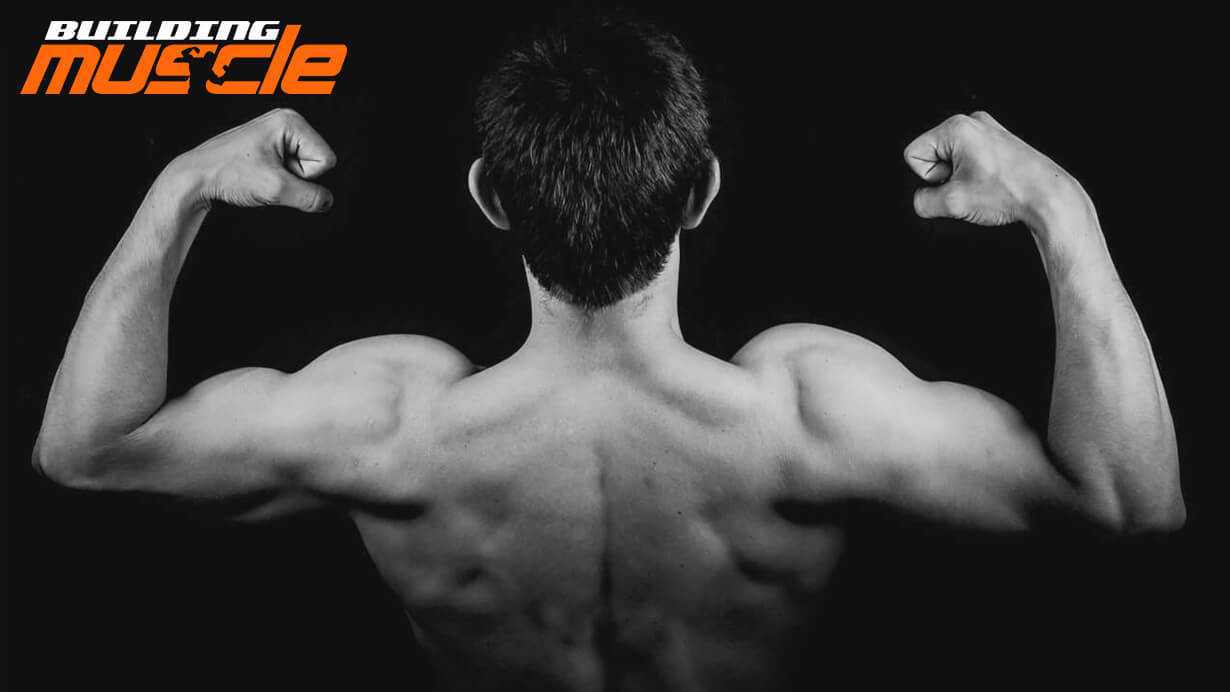
Fortunately, psychiatry and medicine are not standing still. So these days, the deficiencies listed above are easily remedied after a few visits to a therapist. Including their root cause – a lack of testosterone, because the methods of hormone replacement therapy from the middle of the twentieth century are not in any comparison with the latest developments.
But in any case, you should not ignore the male sex hormone. You can personally take care of your testosterone levels with simple, and most importantly, affordable ways to optimize your lifestyle.
A Quick Guide to Testosterone
Your body produces testosterone primarily in the sex glands (gonads), to a lesser extent in the adrenal glands (adrenal glands). The production of male sex hormone is directly related to cholesterol levels. After synthesized testosterone, there are 3 options:
First, testosterone binds to albumin and sex hormone binding globulin (SHBG);
Second, testosterone converts to estradiol (female sex hormone) due to aromatization;
Third, testosterone stays free in your blood to help pump up, maintain an erection, improve your well-being and promote cardiovascular health among other things.
With few exceptions, every man’s goal should be to maximize free testosterone. Here are 8 working ways to accomplish this.
Consume cholesterol, fats and calories in adequate amounts
Cholesterol, for all its faults, plays a critical role in hormonal health. If you don’t consume enough of it, as well as dietary fats and calories, your testosterone levels will suffer.
Researchers have found that 0.8 to 1 gram of fat per 1 kilogram of body weight is the optimal ratio for hormone production.
But it’s important here to consider not only the amount, but also the quality or type of fats you eat. Omega-3-polyunsaturated fatty acids help with stabilizing hormone balance, cellular repair (remodeling) and sex hormone duties. On the other hand, omega-6 and trans fats have a negative effect on testosterone and hormonal function.

Losing excess weight/burning subcutaneous fat should improve synthesis and levels of male sex hormones, whereas periods of intense weight loss accompanied by a caloric deficit (mainly through carbohydrates and fats) may interfere with that process.
The secret to success is to stay slim by maintaining a lifestyle that promotes hormonal health.
What does it all mean?
- Don’t neglect the quality of your foods. Avoid processed, refined foods. They tend to be saturated with trans fats.
- Include seafood and fish oil (or fish oil supplements) to improve your omega-3 fatty acid ratio.
- When calculating B/F/D, don’t underestimate fats: less than 20% of the nutritional value. Not all fats are bad; cholesterol is fuel for sex hormones.
Quality of sleep
Testosterone secretion occurs mainly at night. If your sleep is intermittent, or you don’t get enough rest at night, it is bound to affect the production of the male sex hormone.
Healthy sleep reduces inflammation and cortisol levels. The concentration of globulin, which binds sex hormone in the blood, also drops with adequate sleep.
How many hours of sleep does a person need? According to scientists’ studies on the subject over the past 20 years, 8 to 10 hours of sleep is considered an adequate amount. In rare cases, 6 to 7 hours of nightly rest is adequate.
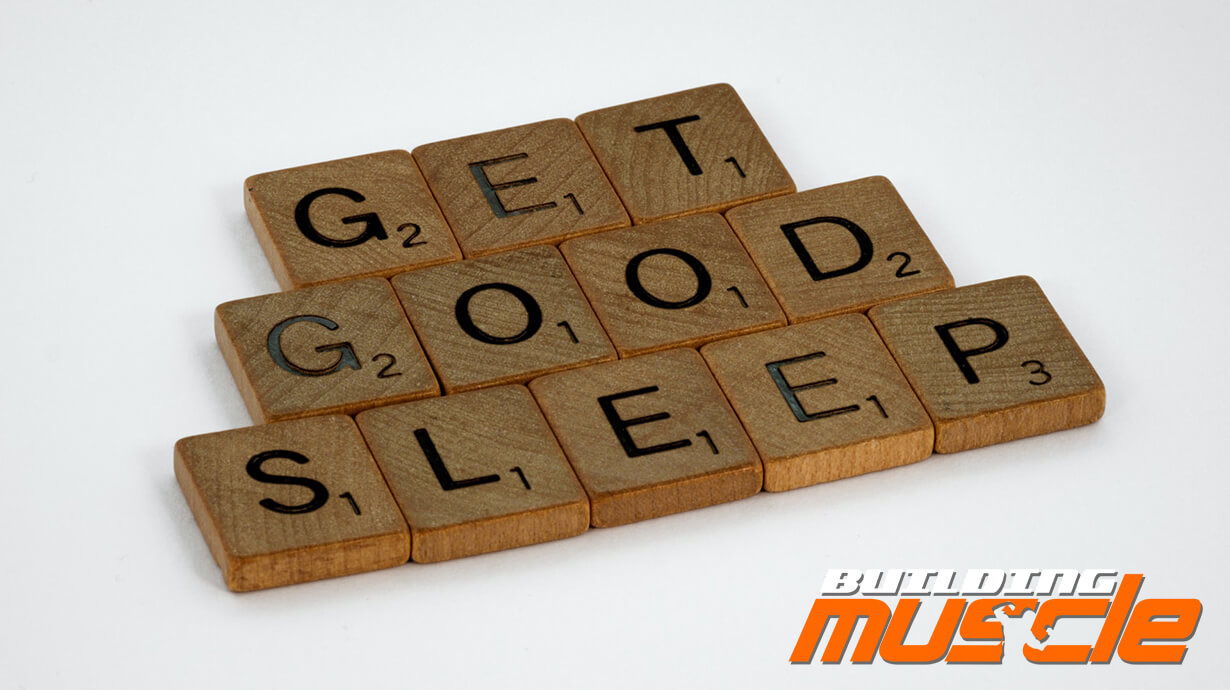
These numbers are not taken out of thin air. As little as 2 weeks with a sleep deficit (5 hours) is enough to collapse testosterone levels by 10-15%.
Keep in mind that your age has a direct effect on testosterone production and indirectly affects it due to deterioration in sleep quality and other parameters. On average, after the age of 30 the synthesis of male sex hormone decreases by 1-2% each year. Thus, a 40-year-old man with a sleep deficit may have testosterone levels little better than a 10- to 12-year-old boy.
Sleep apnea is the natural enemy of testosterone
Statistically, one in fifteen men in North America and Western Europe suffers from some form of sleep apnea. In most cases (80%) it is undiagnosed sleep apnea. And the situation around the world is only getting worse every year.
Despite its apparent innocuousness, sleep apnea is a serious problem. A breathing disorder, where the oxygen supply is interrupted and then resumed, simply cannot do without consequences. It has been associated with early death and an increased risk of cardiovascular disease, among other things.
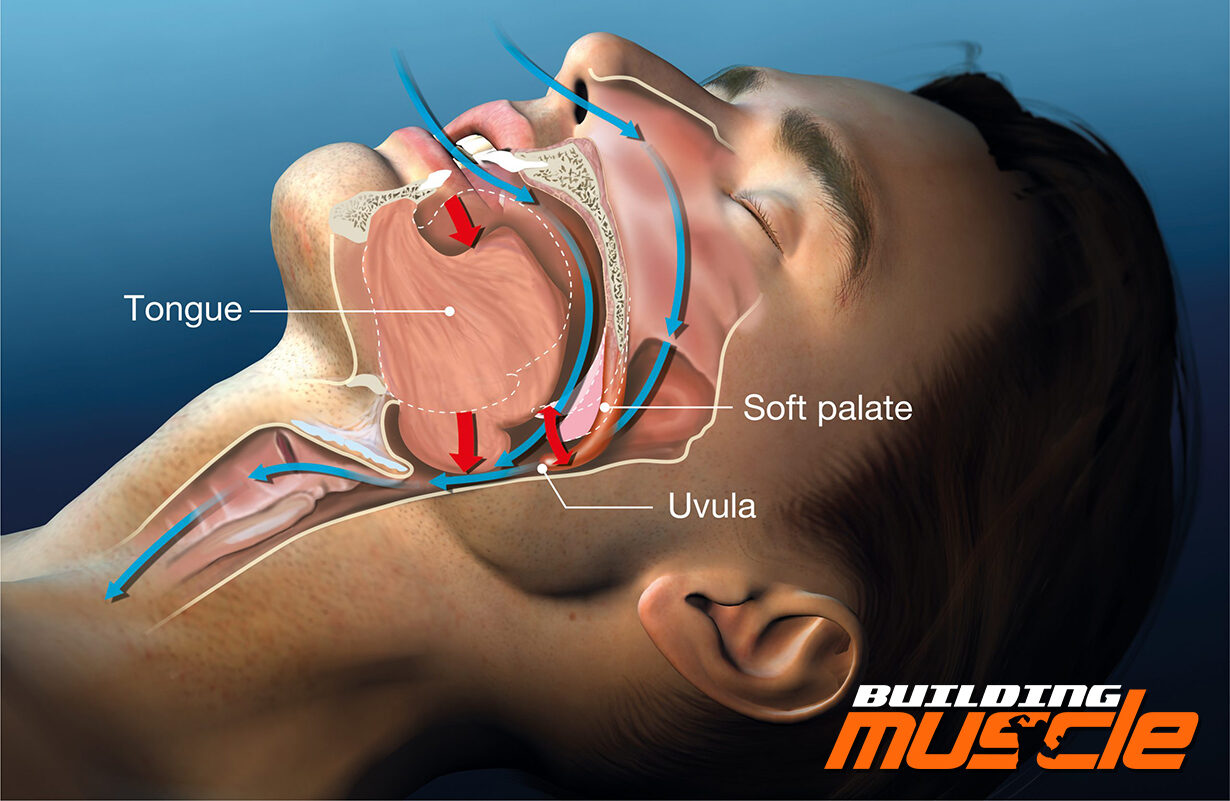
How does it affect testosterone? Getting a full night’s rest and reducing stress levels have a direct effect on the male sex hormone. If your sleep is intermittent, and you breathe through your mouth, it is more difficult for you to reach a deep sleep state, which is bad for recovery and, consequently, for testosterone production and maintenance.
The only true way out of this situation is to treat apnea. The procedure is not easy, given the root causes of the disorder, but what can you do. As a temporary solution, you can consider taping your mouth with “correct breathing” strips or using nasal nozzles to improve the quality of your night’s rest. The effectiveness of breathing exercises, on the other hand, is highly questionable: during the day they help, at night they don’t, rather than yes.
Other recommendations: strict daily routine/optimization of night rest (go to bed and wake up at the same time); avoid blue light sources before bedtime (phone, tablet or laptop screens, monitors and TVs), because it negatively affects dopamine levels and melatonin synthesis. In general, try to reduce the presence of stress during the daytime.
Learn to breathe and relax
We have already said that constant stress can worsen a man’s health and testosterone levels. What are some effective ways to counteract stress? One of the most accessible is breathing modeling. Proper breathing will not only improve your sleep, but it will also help you fight stress during the day.

On the other hand, improper breathing patterns put the human body into a chronic state of stress: poor breathing globally affects both your psychological well-being and physical productivity.
Nasal breathing while exercising promotes the release of nitric oxide, which increases the carbon dioxide content of the blood – all indicative of improved oxygen transport through the body. When you get used to breathing through your nose during a workout, you will immediately notice how your performance has increased. There is more oxygen in your cells and stress and fatigue are reduced accordingly, which means you can exercise longer and harder.
Diaphragmatic breathing after a session at the gym increases antioxidant defenses and suppresses cortisol, stimulating recovery processes. The average jock will only need 5 minutes of diaphragm breathing (e.g., use the “box breezing” technique to combat stress).
What is “boxing breezing”? The simple but working technique: 4 seconds on a breath, 4 seconds we hold breath, 4 seconds on an exhalation and after 4 seconds more stop the breath.
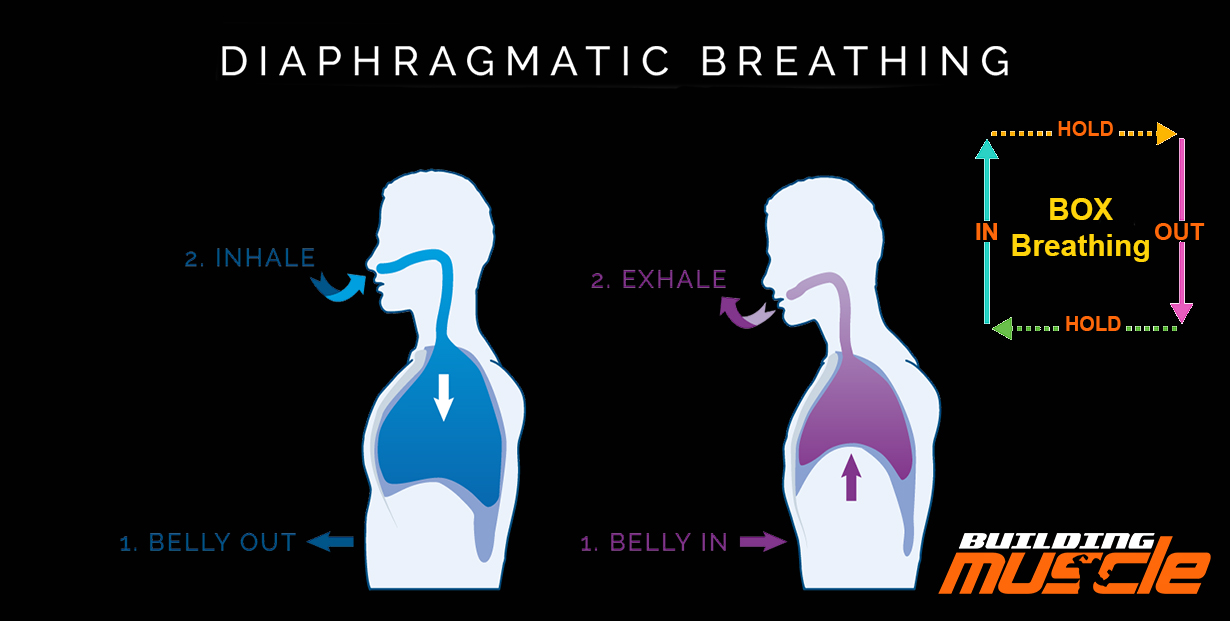
Sunlight (vitamin D)
Exposure to sunlight in the first half of the day is crucial in establishing human circadian rhythms, positively influencing sleep optimization and levels of the neurotransmitter dopamine. Dopamine is not just a feel-good hormone. It interacts with testosterone and other systemic substances. In particular, the secretion and concentration of dopamine affects the release of GRH (gonadotropin-releasing hormone) from the hypothalamus to the pituitary.
The gonadotropin secretion and testosterone synthesis directly occur with the participation of the latter. This explains the relationship of why men with high levels of dopamine have a powerful libido. And this is just one effect of how dopamine and testosterone interact. Don’t underestimate the effects of the pleasure hormone on your sexual activity and physical performance.
Vitamin D is another product of natural sunshine. If for some reason you are deficient in it, be sure to take supplements that will boost muscle tone, strength and immune function, as well as reduce fat deposits. Researchers claim that men with vitamin D deficiency have low intrinsic testosterone. In parallel, it has been shown that men who take D3 in the form of a supplement or who get it fully from natural sources have increased their own testosterone.

Get out into the fresh air more often, especially on clear days. This will have a positive effect on vitamin D, dopamine and testosterone levels, contribute to sleep quality, immune protection and physical performance among other things.
Compete to boost testosterone
This is not specifically about competition in bodybuilding, strength sports or martial arts. Competition in general changes (for the better) testosterone levels in men and women. But if we are talking specifically about amateur or professional competitions, according to studies, the winners and runners-up of the tournament until the next event have a higher content of male sex hormone.
And the losers, on the contrary, may show a decrease in testosterone right after the performance. Thus, competition and achievement (be it work, personal life, or competition) stimulate male sex hormones.
Our recommendation: find the right field for you to compete against live competitors, and spare no effort to achieve victories in it, stimulating your sex hormone.

Train wisely
It would hardly surprise anyone if we say that strength training can increase male sex hormone. However, it is not possible to achieve a visible difference only by increasing the working weights.
On average, the best gains in the production and content of testosterone are achieved by weight training (around 70-90% of a one-repetition maximum), but not by complete elimination. Several studies in this direction have demonstrated that sessions longer than 1 hour lead to cortisol spikes and a drop in testosterone, so you need to know measure in both the difficulty and volume of training.
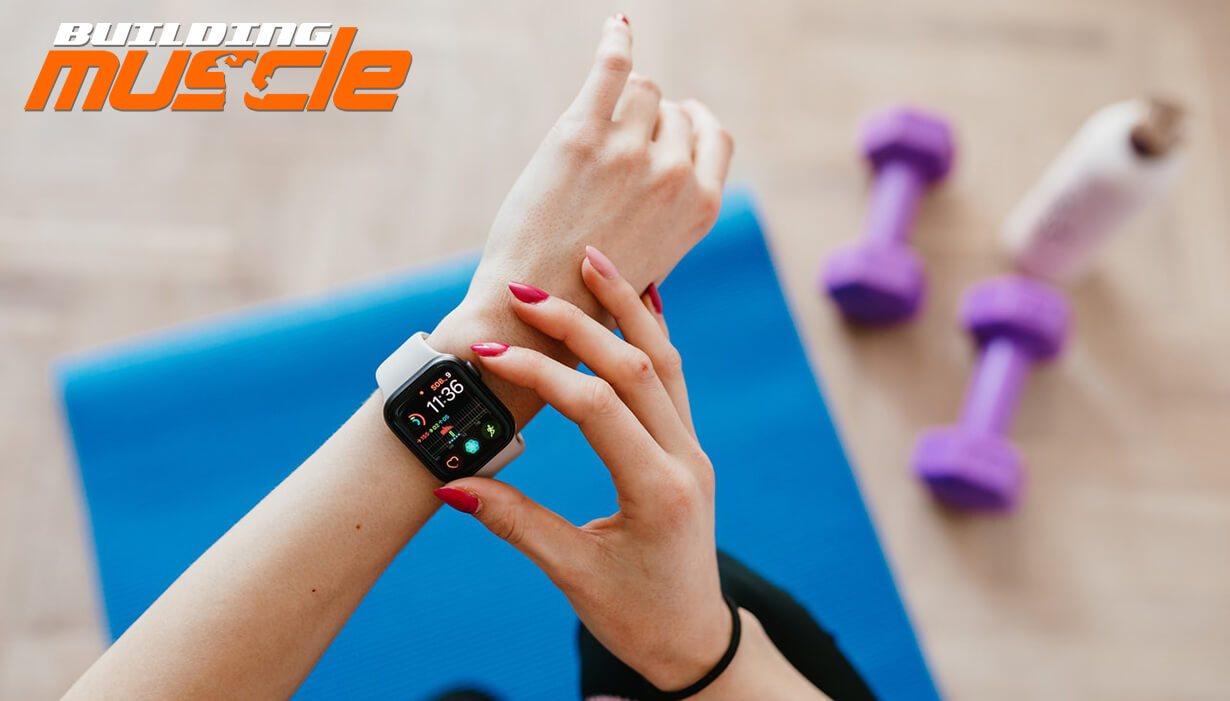
It is not necessary to limit training sessions to exactly 1 hour. But you should understand that the benefits from long sessions (over 60 minutes) inexorably decrease, and after a certain point (it could be 90 or 120 minutes) they begin to be frankly harmful.
During a workout, testosterone in the blood rises, and at the end of a walkout the cortisol hormone usually increases. That’s when carbohydrates come in handy. In addition to the benefits of post-workout insulin sensitivity (replenishing glycogen stores and stimulating muscle growth), consuming carbohydrates at this time helps mitigate the effects of cortisol and speed up recovery processes.
Another interesting fact: consistent and intense strength training, as in professional athletes, leads to increased activity of the pituitary gland and probably the hypothalamus, which has a positive effect on the male sex hormone. The catch is that pro-bodybuilders know not only how to work out hard, but also how to eat right and recover. The latter two skills are lame for most recreational bodybuilders, to put it mildly.
Thus, the average jock who often skips workouts and suffers from a chronic diet will never be able to approach the results of a professional athlete. And extra long sessions in the gym to make up for lost time, in this situation, will do more harm than good.
And the last thing I want to say on this subject: to optimize testosterone levels, strength training should take place before cardio, not after. Even better if you put them on different days to reduce the negative effects that cardio can have on the male sex hormone.
Diet (micronutrients and supplements)
Next, let’s take a look at the main supplements that can help you boost your body’s production and blood testosterone levels.
First, ZMA. This is a supplement made up of magnesium and zinc, designed to combat general nutrient deficiencies, promoting hormonal health, sleep quality and recovery processes.
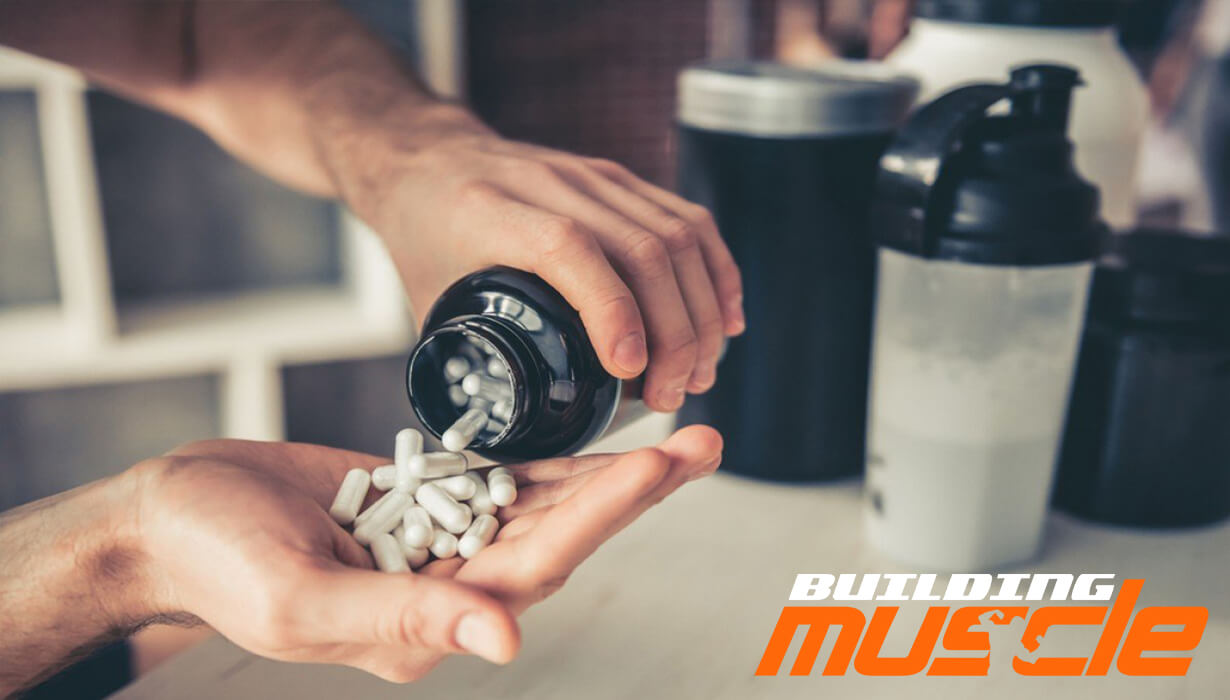
Magnesium deficiency is the second most common deficiency of all common nutrients, at least in Western countries (right after vitamin D). Magnesium is directly or indirectly involved in more than 300 chemical reactions within the human body, including those responsible for stress resistance, sleep and recovery. Therefore, it plays an important role in optimizing testosterone levels.
Zinc is essential for testicular function and reproductive health in men, as well as brain function and immune strength in both sexes. A poor diet (let’s be honest, modern foods are deficient in nutrients) coupled with regular hard workouts is a common cause of both magnesium and zinc deficiencies. Which makes ZMA an essential dietary supplement for bodybuilding.
Second, D3. In addition to natural sunshine, supplementation with vitamin D will allow you to boost immune function, increase testosterone levels and improve your overall health. D3 acts more like a hormone than a vitamin, and these days a huge number of people, even those living in warm climates, suffer from a pronounced deficiency.
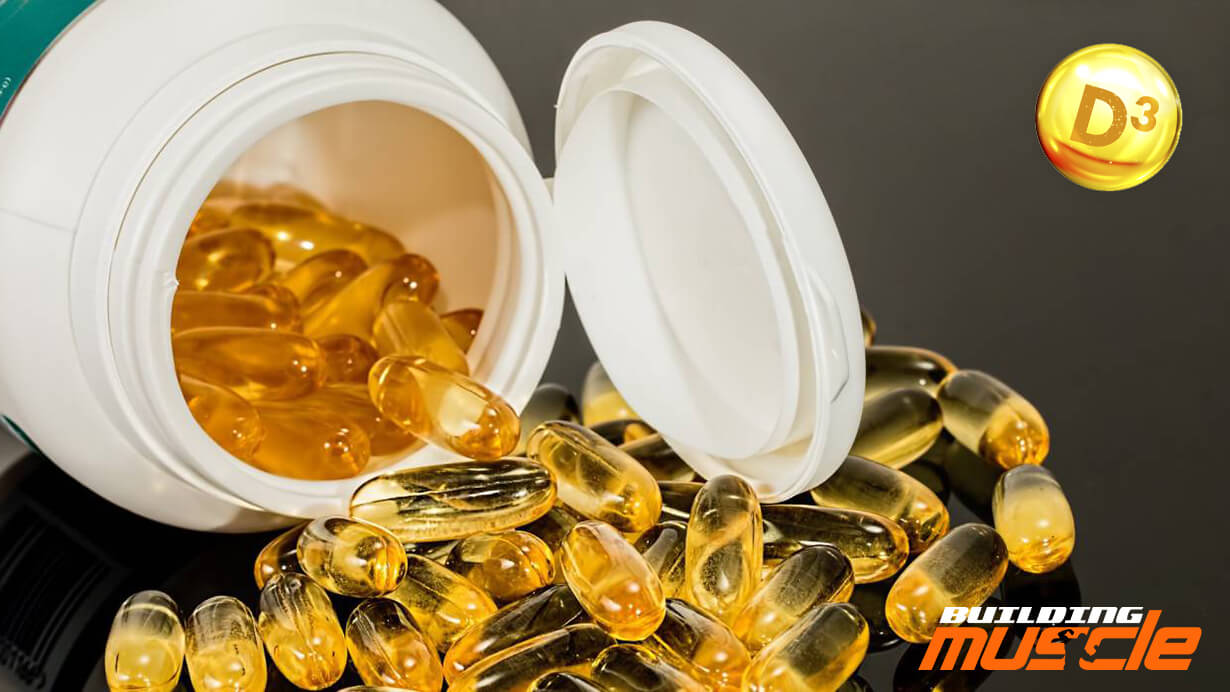
Third, creatine. The evidence base is mixed to claim a correlation between creatine intake and positive male sex hormone levels in the blood. Nevertheless, it is guaranteed to help with gaining muscle mass and increasing strength, restoring cognitive and mitochondrial functions. It is very difficult for people with low testosterone to improve these effects. Creatine has been shown to increase performance in the gym and in everyday life.

Make love, not war
There is a direct and inverse relationship between sex and testosterone: high own testosterone leads to optimal sexual health, and regular sexual activity leads to optimal own testosterone. Now let’s look more closely at what this all means.
Researchers studied testosterone levels (potency) and sexual activity (libido) in men who regularly visited brothels. We don’t know how they were persuaded, given that prostitution remains illegal in most developed countries. But in any case, brothel-goers had a 72 percent increase in testosterone compared to average men in the same age range.
This study actually proved that regular sex is healthier for men than “self-care”.
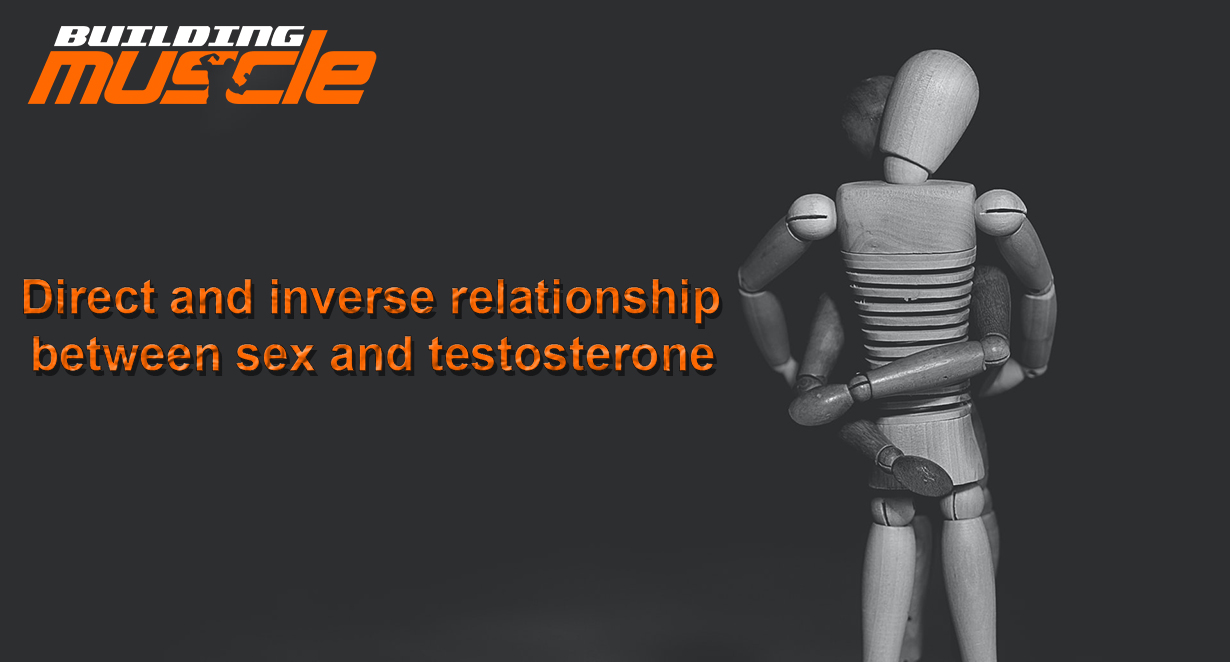
Another research paper found an inverse relationship between male sex hormone, sociosexual orientation and the number of sexual partners. In particular, scientists found that the constant search for new sexual partners may have a negative effect on testosterone synthesis and levels. It is explained by the fact that when a man is in the process of “hunting”, his blood testosterone increases, but as soon as the “prey” is caught, all desire disappears and the male sex hormone collapses.
So for 7 out of 10 men the following rule works: a high level of testosterone contributes to successful intercourse, which, in turn, down-regulates the synthesis of testosterone. In other words, regular sex is good, but trying to copulate with all living and inanimate objects will not help you increase your male sex hormone.
In conclusion:
The first step toward lifelong testosterone optimization is to get your hormones checked by a qualified endocrinologist. If you’re over twenty, first, get a complete blood test, and second, consider getting this procedure systematically.
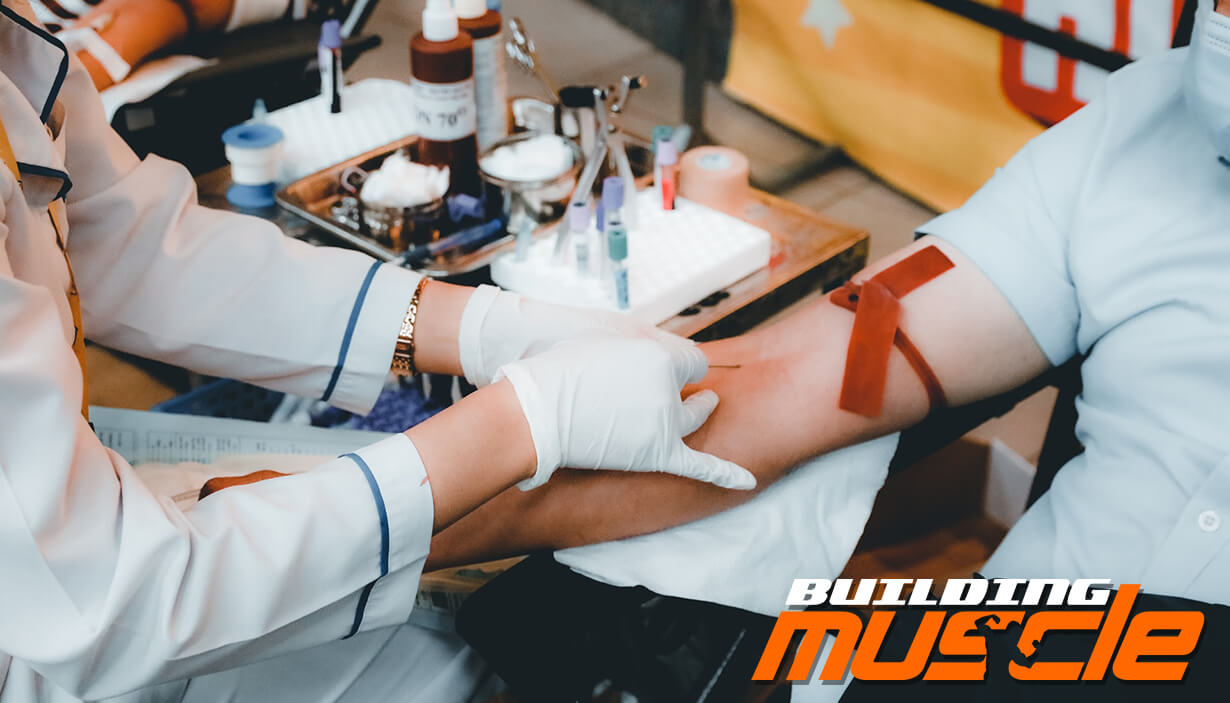
There is simply no other way to make any meaningful improvement. The blood test should serve as a basis for future actions to restore the synthesis and increase the level of the male sex hormone.
And only after this should you make adjustments to your lifestyle: refusal of alcohol, taking medications, changes in diet, sleep, rest, stress – and all the other techniques that we discussed today. It also doesn’t hurt to reconsider your own approach to exercise, given the likely rising testosterone.



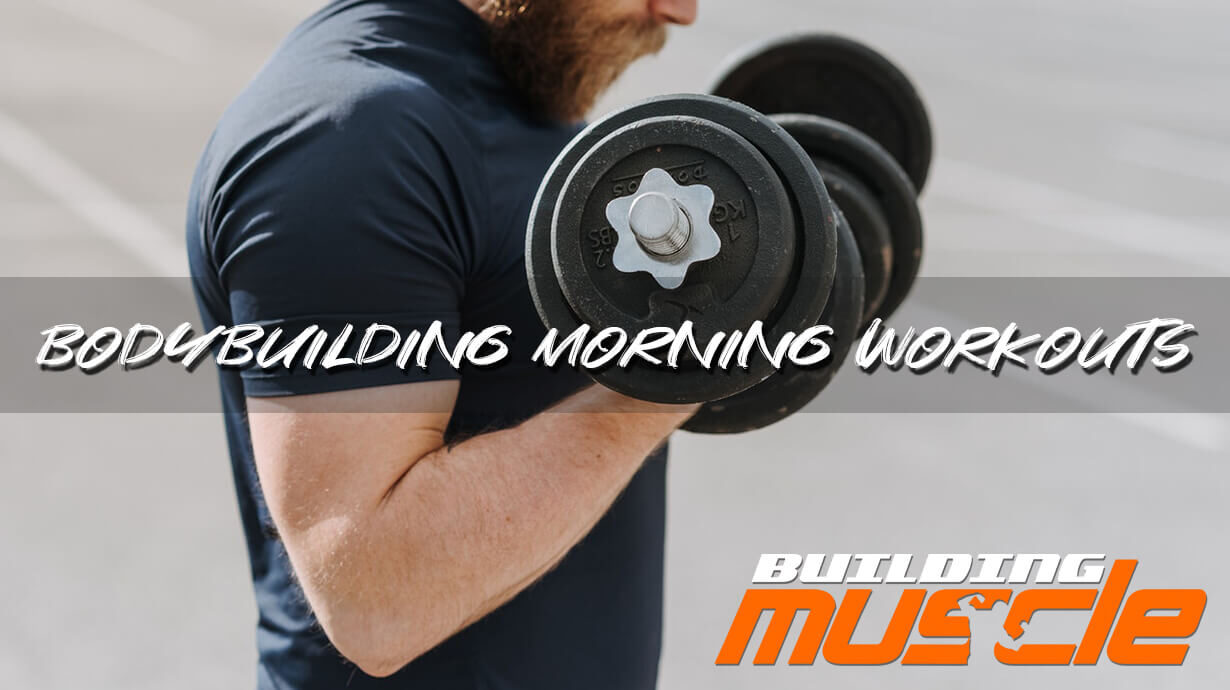









No Comments